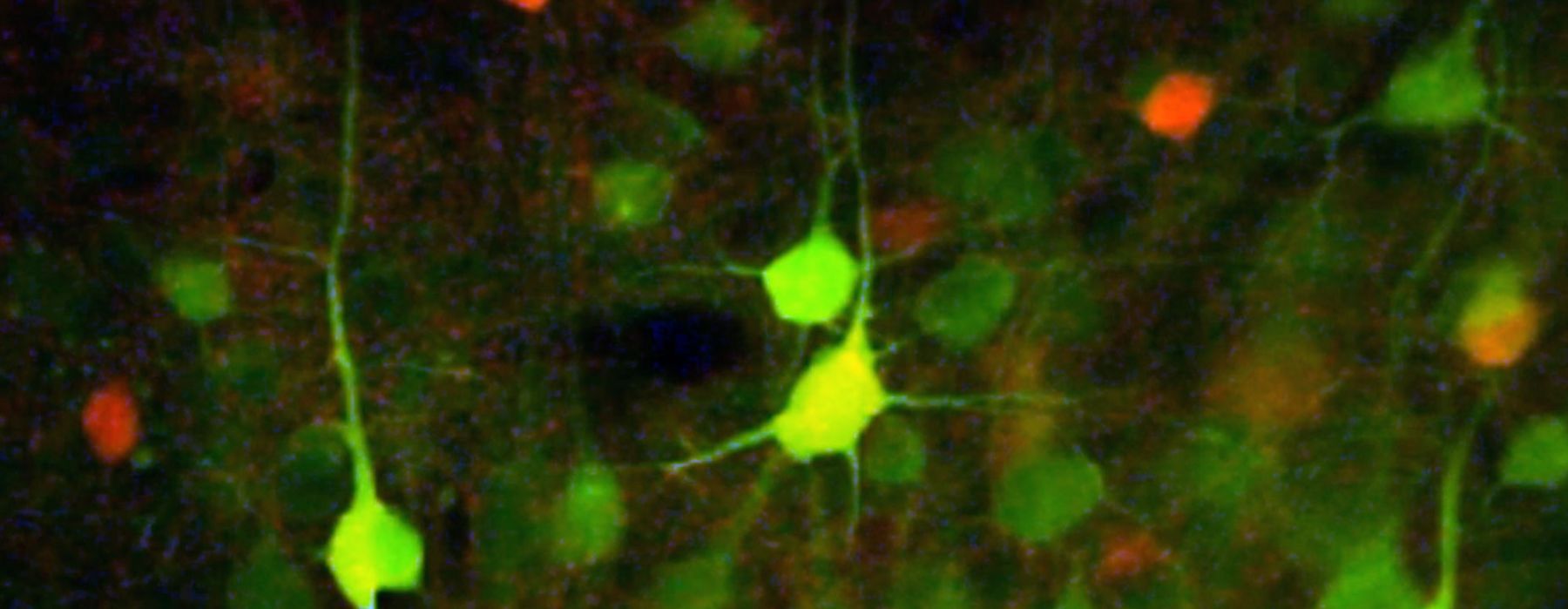The Systems and Circuits Neuroscience research area is focused on how neural circuits support sensory processing, motor action, and more complex behaviors. The area is comprised of broad faculty interests that include sensory coding, motor execution, learning, reward, spatial coding, and goal-directed behavior.
Systems and Circuits Neuroscience researchers employ a range of cutting-edge techniques to measure and manipulate neural circuitry in organisms spanning from worms to humans.
